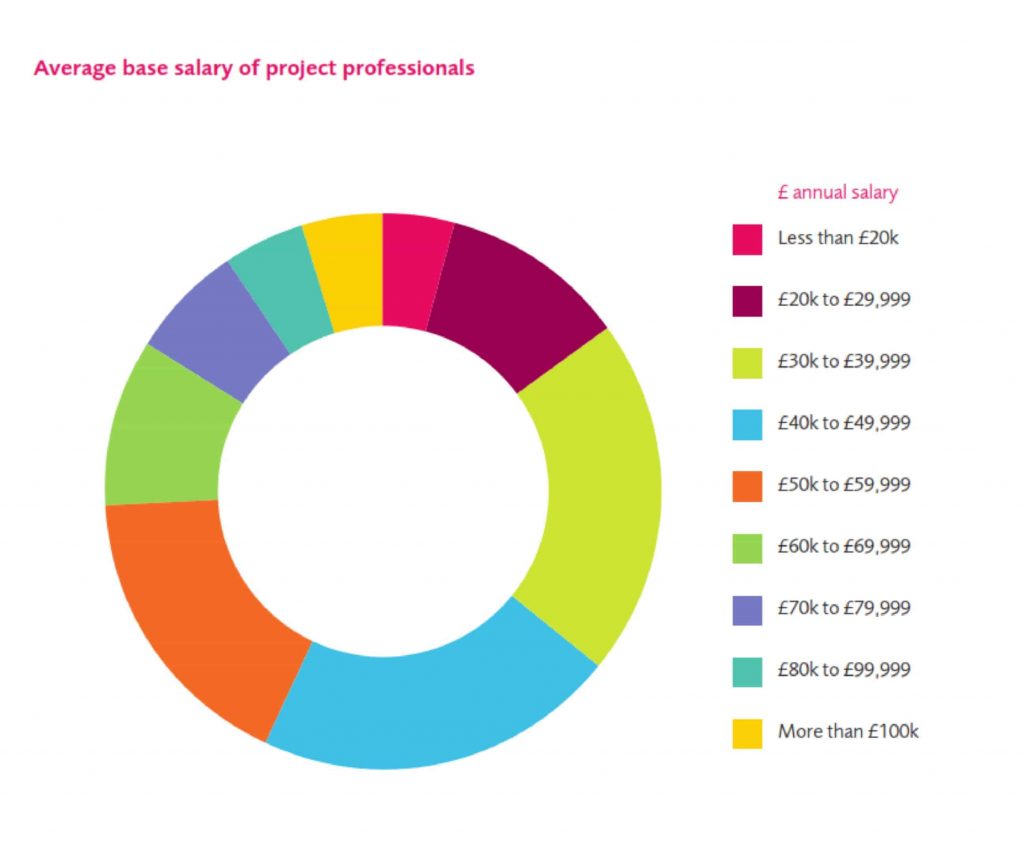We all like to think of ourselves as successful project managers or maybe you are aspiring to be a successful project manager but the recent 2015 inaugural APM Salary and Market Trends Survey starts with an insight into what the average project manager is.
Somehow that term “average project manager” doesn’t smack of success – of that high-flying PM of our aspirations – but when you look at the statistics from the APM’s survey, perhaps, being average is not a bad place to be.

The survey revealed that the average project manager:
- Is in full-time employment within an organisation of 250 or more employees – so a place that is likely to offer good career prospects.
- Earns on average of £44,167/year – which compares very favourably to the average UK salary of £27,000 according to the latest figures from the Office of National Statistics. This might not quite reach the giddy heights of average salaries for chief executives (£107,703) or airline pilots (£90,146) but it is certainly on a par with solicitors, accountants, dentists and IT specialists – and remember these are average salaries across the country. The average for programme managers is significantly higher at £57,000.
- Has a degree and also a professional project management certification such as APMP or PRINCE2. The survey also revealed that those earning up to £60,000 were more likely to have a professional qualification in addition to a degree.
Regional differences
Of course, as you would expect, there are significant regional differences in salaries, most notably in London and the South East where 13% of those surveyed earn more than £80,000. But surprisingly there is a greater percentage of PMs earning over £100,000 in Ireland than in Greater London. The survey data does not specifically state whether that is just Northern Ireland but given that it is a UK survey it seems unlikely it would also include Eire.
Gender Differences
Gender pay inequality has been big news this week because of David Cameron’s idea that the problem can be tackled by auditing firms to check on the relative pay of men and women. Many campaigners believe that the problem is more deep rooted than that but, in any case, according to the APM survey, project management seems to follow the general UK trend of gender pay disparity although it fares better than, for instance, engineering or architecture in attracting and retaining women.

Nevertheless, in the project management profession more men, in percentage terms, earn salaries in all brackets above £50,000 with only 1% of female project managers earning over £100,000 compared to 6% of men. And there are more females in all of the lower salary brackets below £50,000 (except, unexpectedly, for salaries under £20,000/year).
These basic statistics, clearly do not show the whole picture and even though the gender pay gap has decreased in recent years it is thought this is more likely to be a result of men’s salaries falling or stagnating rather than women’s salaries rising in line with men’s.
Images Courtesy of the Association for Project Management